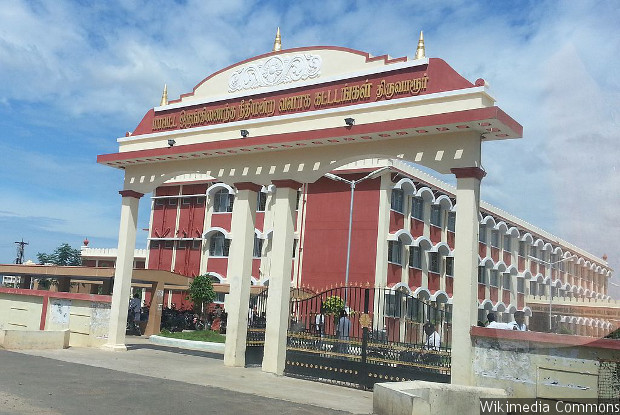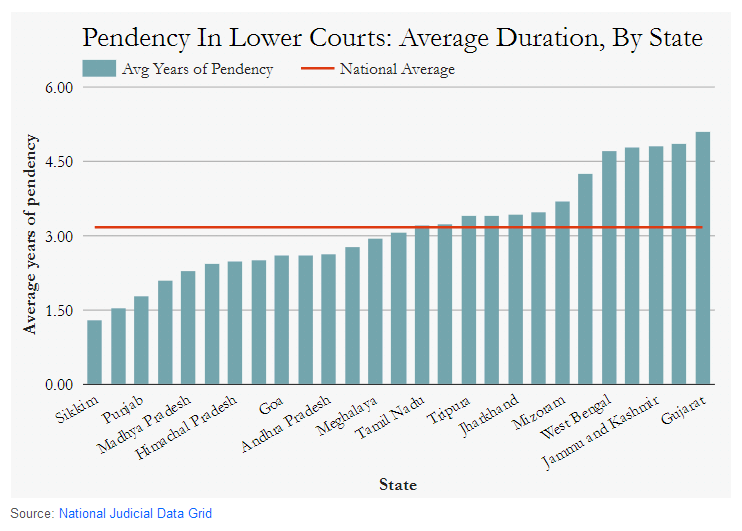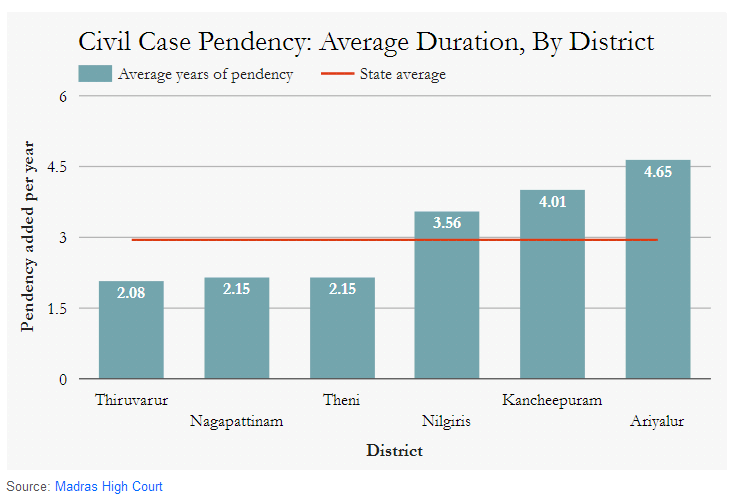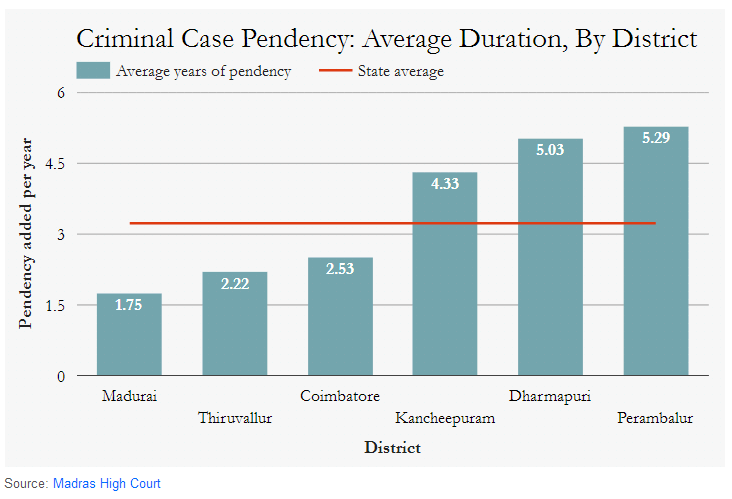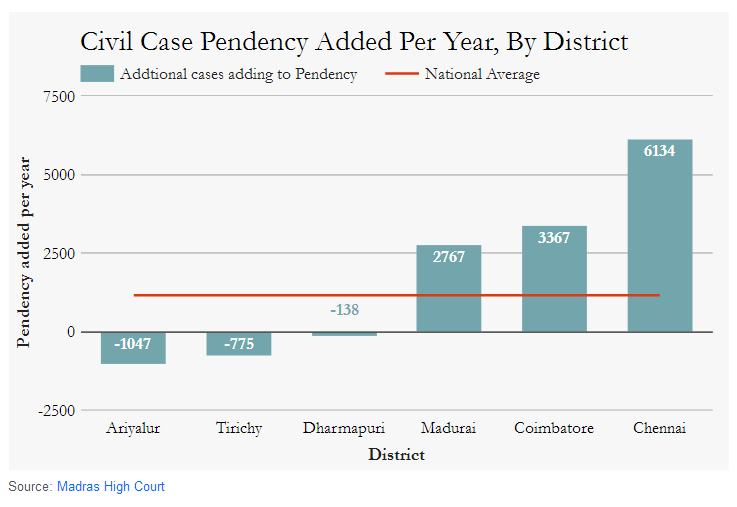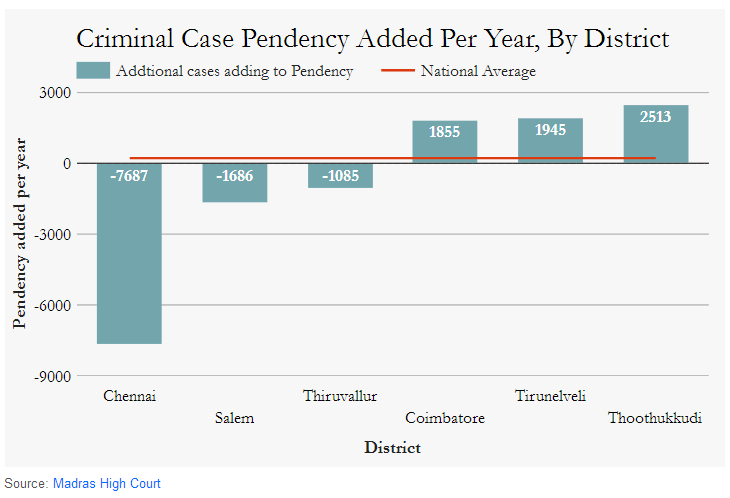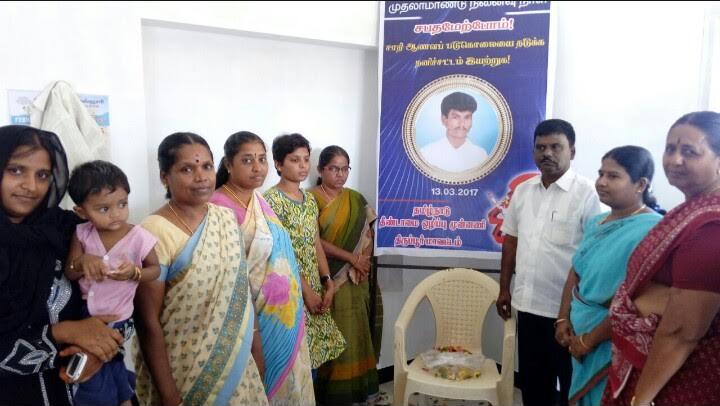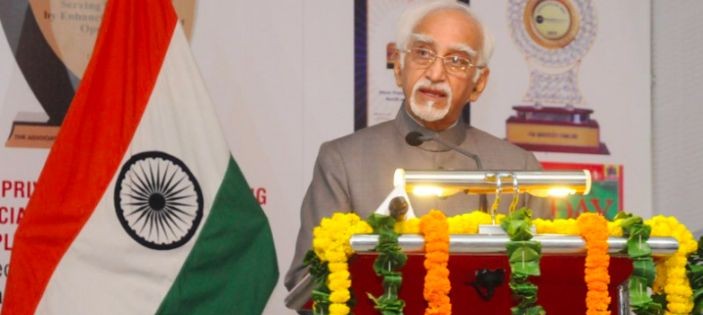Usha Ramanathan clarifies the misinformation regarding UID coming through the press.
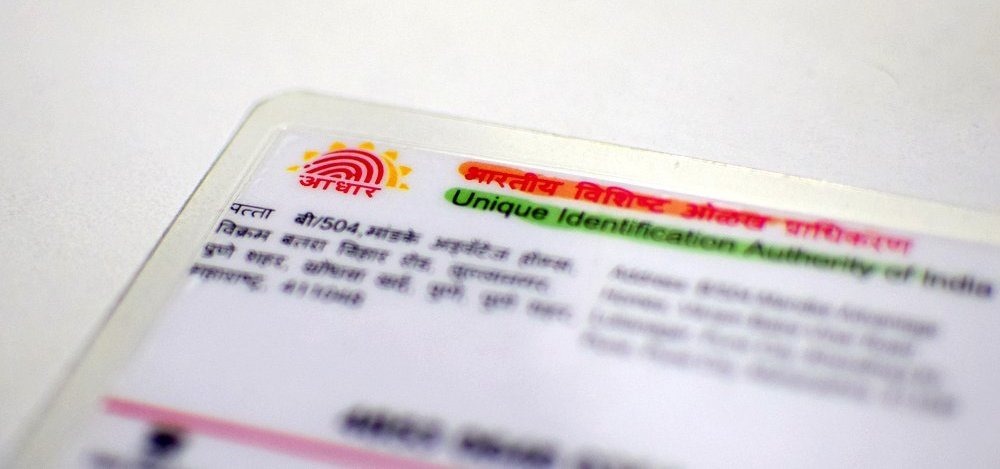
Some people have written in, worried that the SC yesterday directed that the government can ask for the UID for Income Tax and PAN card. That is just a misinformation coming to us through the press.
For one, what transpired happened during a ‘mentioning', that is, where the lawyer mentioned the matter only to the court to ask that the matter actually be listed and heard on 3rd April. Earlier the case was listed for 27th March, but then it got shifted in the list to 3rd April. The lawyer took the matter to court to ask the court that there should be no further delay, and that it should be heard on the 3rd April.
The court turned down the request for such an assurance.
While doing that, the court looked at para 5 of the order of the 5-judge bench in its order dated 15th October 2015. There it said that even when it is used in PDS, NREGA, pensions, LPG, JDY and provident fund, it cannot be made mandatory.
That is it.
The court nowhere said that the UID can be asked for other services. That is wrong reporting.
Anyone who knows court proceedings knows that the court could not have made any such order, firstly, because it was a `mentioning' that was underway, and that was only to fix a date, and such an order cannot be passed without hearing the parties to the case. Secondly the October 15, 2015 order was by a 5-judge bench, and 3 judges cannot revise/rewrite/override that order.
For your information, the October 15, 2015 order said:
- The UID can be used in six services: PDS, LPG, NREGA, JDY, EPFO, pensions such as disability, widow, old age pensions which are seen as services provided by the state.
- Even in these services, its use "is purely voluntary, and cannot be made mandatory till the matter is finally decided by this court one way or the other".
- The UID number cannot be used in any other service. It is not a matter of whether it is voluntary or mandatory. It cannot be used at all.
- All earlier orders from the first order of the court on September 23, 2013, when it directed that no one can be denied any service only because they do not have a UID card or number, shall be `strictly followed'. That includes the order dated August 11, 2015, which, among other things says that enrolment is not mandatory (which makes their notifications saying that those who do not have a UID number should be shepherded to the enrolment station is in contempt of court).
On October 15, 2015, the 5-judge bench heard a series of applications for expansion of the use of the number, including the TRAI that came to court saying that they could deal with terrorism if they were able to use the UID number for giving and checking Sim cards. The 5-judge bench refused this use. This refusal by the 5-judge bench was suppressed by the Attorney General when he told the court in a matter taken to court by Lokniti, an NGO, that they intended to make sim cards secure by having it checked against the UID. The court reproduced this submission and disposed of the matter. This has been read by some part of the press as an order by the court that sim cards should be checked against the UID, which is inaccurate. This did, however, mean that the court did not object to such use. That was a 3-judge bench, and could not have overridden a 5-judge bench. This happened because the Attorney-General did not inform the court, and since it was not a UID matter that was being heard, there was no one challenging the UID project who could have pointed this out to the court. This is what is called an order -per incuriam' (i.e. being in disregard of the facts or the law, in this case because they were kept in the dark about what had happened before the 5-judge bench.)
So, the government attempt to make UID mandatory for income tax and PAN card is in contempt of court. Not just making it mandatory, but even using the UID in these fields is in contempt.
The reason the court so restrained the court is because it had seen the various dimensions of the project that made up the challenge before it, including
- surveillance
- profiling
- tagging
- tracking
- insecurity of the data base
- national security issues, posed both by the creation of such data bases, and because of the companies involved which includes L-1 Identity Solutions, Morpho and Accenture, which have close connections to the intelligence establishments of foreign governments.
- lawlessness
- the use by private actors, and
- importantly, the denial of the right to privacy of the people that the government had asserted before them. Like the court said: without the right to privacy, "the fundamental rights guaranteed under the Constitution of India, and more particularly the right to liberty under Article 21 would be denuded of vigour and vitality."
That is why they said that their order would be till the court has heard and decided these matters – not till passage of a law or any other such circumstance.
There is another thing, and of much significance. When the government directs that we put the UID number on various data bases, they are violating not just the order of the Supreme Court, but their own law (which they passed as a Money Bill, to stifle discussion and dissension). Nowhere does the Act of 2016 authorise the ‘seeding' of numbers in data bases. It allows only two things:
- authentication, which means that biometric or demographic data can be sent to the UID's CIDR (Central Identities Data Repository) to return a ‘yes/no' reply to the question whether you are who you say you are.
- eKYC, which does something they had said they would never do, viz., give the data on their data base (except core biometric data – but they have no means of stopping any agency from collecting and keeping biometrics when it is given for authentication) to an Authorised Service Agency.
Section 8(2)(b) is categorical that an agency requesting authentication “ensure(s) that the identity information of an individual is only used for submission to the CIDR for authentication". There is no authorisation to hold on to the number. So, seeding the number is itself beyond the law. And this is how it makes sense anyway if establishing identity was indeed the purpose of this project, as claimed.
I hope this clarifies some of the confusion caused by the reportage on hearing that happened during mentioning on 27 March 2017.
Courtesy: Newsclick.in

